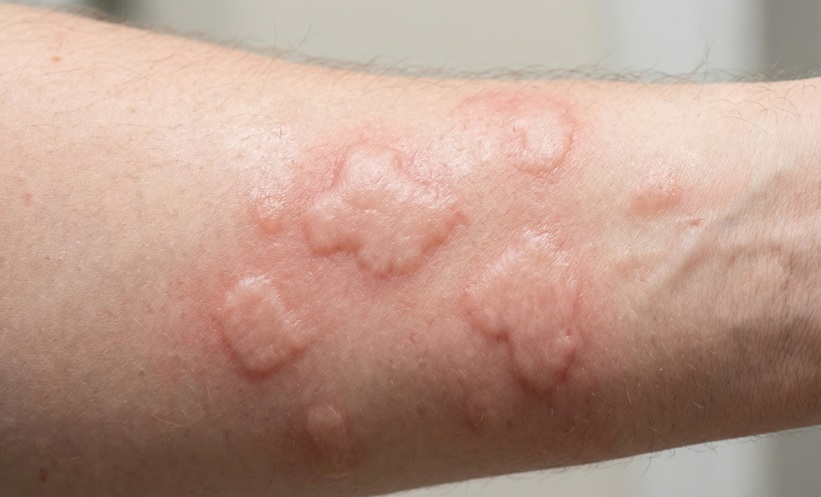IMMUNOGLOBULIN E–mediated food allergy (IgE-FA) is the leading cause of anaphylaxis in children, often resulting in reduced quality of life, allergic comorbidities, and increased healthcare costs. Peanut allergy is among the most common IgE-FA conditions, frequently persisting into adulthood. Recent research suggests that early food introduction may prevent IgE-FA by promoting immune tolerance in the gut, a concept supported by the landmark LEAP trial. In this study, infants aged 4–11 months with severe atopic dermatitis or egg allergy who regularly consumed peanut had an 81% reduction in peanut allergy by age five, an effect lasting into adolescence.
Impact of Early Food Introduction Guidelines
Following the LEAP trial, consensus guidelines were introduced recommending the introduction of peanut, egg, and other allergens as early as 4–6 months of age, without mandatory risk stratification. Using an EHR-based pediatric cohort, researchers examined IgE-FA diagnosis patterns before and after the implementation of these early introduction guidelines. The study included children aged 0–3 years, a critical window for allergy onset, and revealed significant decreases in the cumulative incidence of peanut and overall IgE-FA in the postguidelines period.
Importantly, these declines were observed regardless of atopic dermatitis diagnosis, indicating that early food introduction benefits both high-risk and general populations. While the reductions were less pronounced than in controlled trials like LEAP, the findings suggest meaningful real-world effects and highlight opportunities to improve guideline adherence among clinicians and caregivers.
Implications for Paediatric Allergy Prevention
The study highlights the role of early food introduction as a public health strategy to reduce IgE-FA in children. By encouraging timely and sustained ingestion of allergenic foods, paediatricians and allergists can help lower the risk of peanut and other common food allergies. Ongoing education, monitoring, and advocacy are needed to increase uptake and standardize practices across diverse patient populations. Early food introduction, therefore, represents a safe, effective, and scalable approach to decreasing the burden of pediatric IgE-mediated food allergy.
Reference
Gabryszewski SJ et al. Guidelines for early food introduction and patterns of food allergy. pediatrics. 2025;DOI:10.1542/peds.2024-070516.





